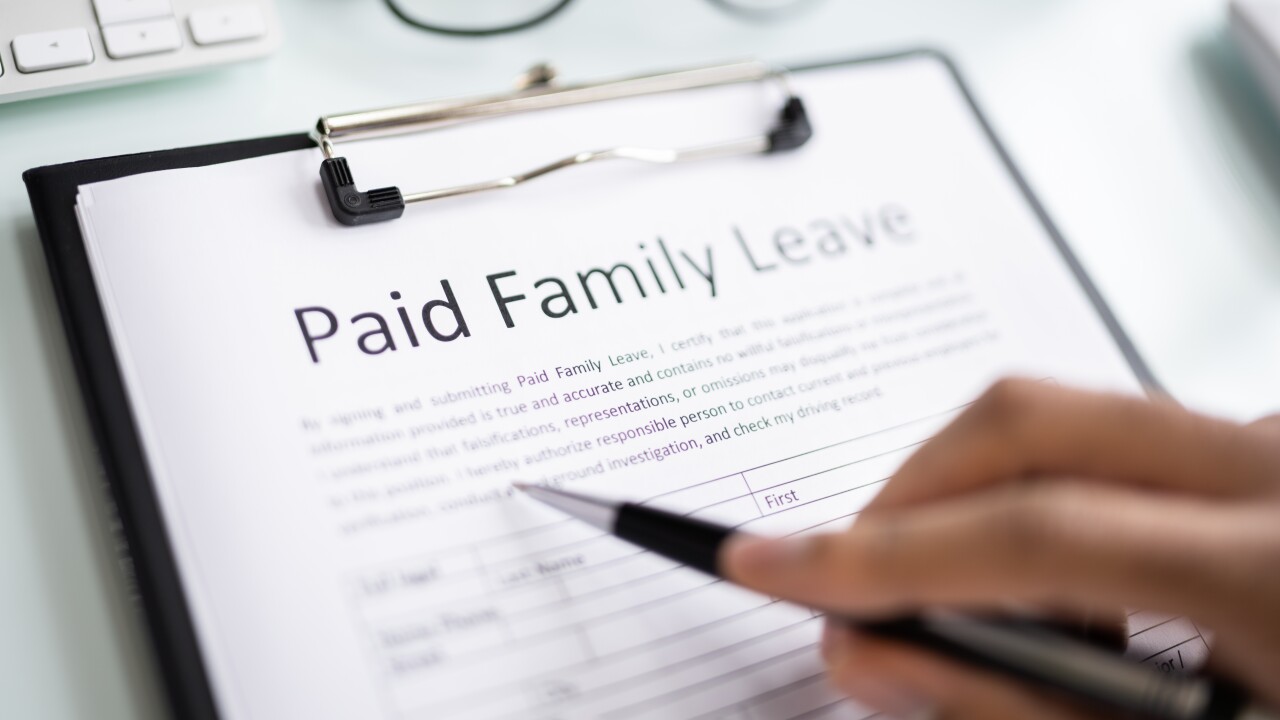Millions of working-age Americans are
By underestimating the value of post-hospital recovery care, employers and insurers could be making a costly mistake. According to a study published in Population Health Management, of those hospitalized within the employer-sponsored, commercially insured population, 17% faced additional hospital admissions in the year following their initial discharge. Those readmissions alone drive up 67% of costs incurred by the total admitted population.
“The myth is that you leave the hospital because you’re well, but the truth is you are still sick, and you are still recovering,” says Alan Spiro, chief medical officer at Laguna Health, a company focused on delivering post-hospital care. “Patients start off happy that they’re home, but reality sets in when they realize they need further care.”
Read more:
Rather than patients facing that care alone, Laguna Health wants to offer guidance and decrease the chances of further hospitalization, explains Spiro. Whether patients access Laguna as an employer-provided benefit or through an insurer’s health plan, they are provided with one-on-one coaching and care navigation, working with a hands-on coach or engaging through the app.
After a patient is discharged, Laguna asks that they take an assessment and provide their doctor’s discharge instructions, which details a patient’s needs once they are home. From medication and dietary restrictions to follow-up appointments and physical therapy sessions, patients may find themselves with a laundry list of to-dos when they are not feeling their best.
“You have all these responsibilities, but you may not be allowed to drive or you have hampered mobility,” says Spiro. “How do you ask your family and friends for help with these barriers to care when you want to maintain independence? All these issues that come up that cause tremendous anxiety and depression.”
For Spiro, post-hospital recovery can be more emotionally draining than it is physically, especially when patients are faced with new disabilities. Laguna’s coaches, many of whom are nurses and social workers, are trained to treat anxiety and depression as part of the recovery process. Additionally, Laguna’s recovery plans notify patients when they may need additional assistance, in hopes of giving the patient time to prepare for reaching out to loved ones or even Laguna for help with barriers like transportation.
Read more:
However, Spiro wants employers to also realize that post-hospital recovery may also come with a level of post-traumatic stress disorder and anxiety, even if the patient is fully mobile. He recalls a case in which a special education teacher was bitten by a student. The wound became infected and she had to get it treated at the hospital and receive antibiotics.
“She loved her job but was afraid to go back to work,” says Spiro. “We identified providers and helped her get the right kind of mental health intervention so she could return to what she loved.”
Laguna coordinates with local health systems to ensure it can send patients to nearby providers and has an idea of what resources are actually available to the patient — some resources that patients may have not known they need.
Read more:
“If you're a woman who just had cardiac surgery, you need a certain type of bra to wear after your surgery to protect the wound,” says Spiro. “Many hospitals have these bras on hand, but patients do not know that it’s there or to even ask for it. A lot of recovery is knowing who to ask and where to look.”
Unfortunately, employers and insurers alike do not always account for how many resources a patient may need once they exit the hospital, which leads to failed recoveries. The Medicare Payment Advisory Commission estimates 75% of hospital readmissions are preventable, pointing to unnecessary healthcare spend and an overall deterioration of health. Laguna Health estimates that for every 100,000 working-age persons, over $145 million is lost on readmissions.
But it seems post-hospital recovery guidance can make a difference — in a clinical trial, Laguna was able to reduce hospital readmissions by 45%. Notably, the company only charges employers and health plans when an employee or member accesses their services.
“We don’t get paid unless we successfully engage someone; that is our value proposition,” says Spiro. “And we have been extremely successful in taking this personalized approach in our business and care model.”






